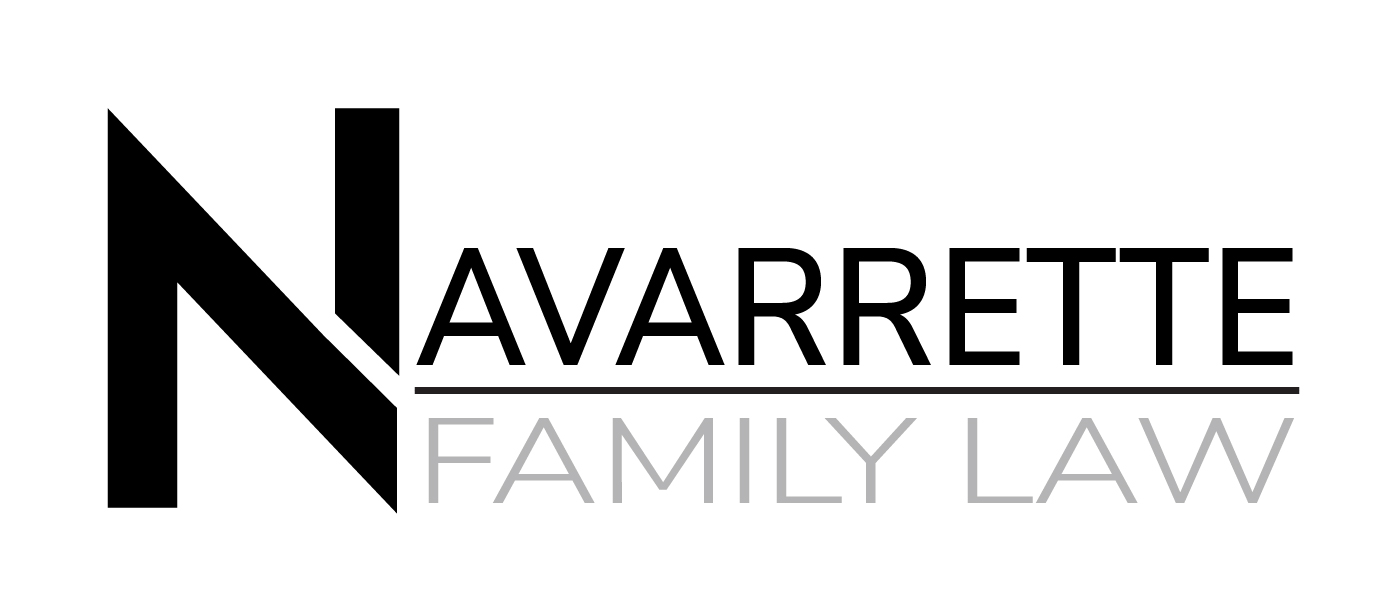
02 Apr Mediation in High-Conflict Custody Cases
High-conflict custody cases can be tough on families. When parents have significant disagreements, it is not only stressful but can also hurt the children. Mediation is a way to help families work together and make better decisions without spending too much time in court. In this blog, we will explain how mediation can help in high-conflict custody cases and why it is a smart choice for many families.
What Is Mediation?
Mediation is a process where a neutral third party, called a mediator, helps parents talk through their differences. Instead of a judge making the final decision, both parents work together to find solutions that are best for their children. The mediator does not take sides; their job is to guide the conversation and help both sides reach an agreement.
Mediation is commonly used in:
- Divorce settlements
- Child custody and visitation agreements
- Property and asset division
- Spousal support discussions
Instead of waiting months or even years for a court decision, mediation allows families to take control of their future in a private, structured setting.
Why Is Mediation Important in High-Conflict Custody Cases?
When parents are in high conflict, emotions run high and communication often breaks down. Mediation can help by:
- Reducing Stress: It creates a calm environment where both parents can speak without fear.
- Saving Time and Money: Mediation sessions are usually shorter and less costly than prolonged court battles.
- Maintaining Privacy: Mediation is a confidential process, so family matters stay private.
- Empowering Parents: By working together, parents can create customized agreements that address their unique situation, keeping the focus on what’s best for the child.
How Mediation Works in These Cases
In a mediation session, both parents meet with a mediator in a neutral setting. The mediator facilitates a conversation that helps each parent express their concerns and needs. Some key questions might include:
- What are your child’s most important needs?
- How can you both share time with your child in a fair way?
- What issues are causing the most conflict, and how can you solve them?
This process helps both parents see the benefits of cooperation. Often, mediation leads to a parenting plan that works well for everyone involved.
Learn More About Mediation in Family Law
If you’re interested in how mediation can simplify your overall family law case, be sure to check out our blog How Mediation Can Simplify Your Family Law Case. It offers additional insights into how mediation can be an effective alternative to traditional litigation.
High-conflict custody cases are challenging, but mediation offers a peaceful path forward. By reducing stress, saving time and money, and keeping family matters private, mediation helps parents create a better future for their children.
At Navarrette Family Law, we understand the difficulties of navigating high-conflict custody disputes. Our experienced team is here to guide you through the mediation process with compassion and expertise.
Contact us today to find out how mediation can help you resolve your family disputes and protect your child’s best interests.
